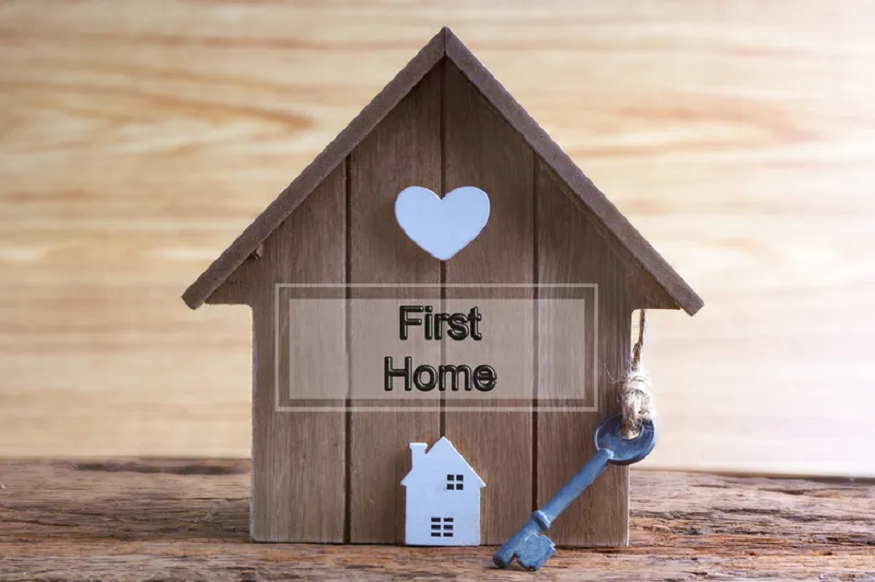Smart Financial Steps Before You Buy Your First Home
Buying your first home is a big deal. The experience is comparable to ascending a steep slope. You know the view at the top will be fantastic; however, the rough path could cause hesitation. But don’t worry, with smart financial choices, those struggles can become effortless success.
Start Building Your Credit Score Early
Think of your credit score like a grades-in-sports award for banks. The higher the score, the nicer the mortgage terms they hand you. To level up, pay every bill on the due date, no exceptions. That’s how you stack bricks for a solid money future. Also, try to keep your credit card balances low. If your card limit is $1,000, try not to spend over $300. That shows restraint.
Save More Than Just Your Down Payment
Most people think saving for a down payment is enough. It is similar to bringing just snacks for a week-long camping trip; you’re forgetting some vital necessities. You’ll also need funds for closing, moving, and repairs.
Closing costs are typically 2-5% of the home price. If you purchase a house for $200,000, anticipate closing costs ranging from $4,000 to $10,000. Moving trucks, boxes, and pizza for your friends who help you move all add up too.
Get Pre-Approved for Your Mortgage
Pre-approval is your golden ticket. It proves to sellers that you’re a serious buyer and can actually pay for the home. Many first-time home buyers skip this step and regret it later. Most banks and credit unions, like US Eagle FCU, can pre-approve you, so compare rates and terms.
The whole pre-approval process takes about a week. You’ll gather pay stubs, tax returns, and bank statements. It’s a paper bonanza, but it’ll pay off when that perfect home pops up.
Create a Realistic Budget
Don’t let your mortgage devour your paycheck. Experts say stick to 28% of your monthly income for housing costs, including the mortgage, property taxes, and homeowner’s insurance. A budget allows you to pay the mortgage and still grab a burger once in a while.
Remember to budget for maintenance. The leaky sink and broken AC will not fix themselves. For optimal maintenance, try to save roughly 1% of your home’s value each year.
Build an Emergency Fund
Life’s the ultimate curveball pitcher. The same month your car needs new brakes, the roof starts to drip. Stashing away three to six months’ worth of bills keeps you calm and keeps your new home from becoming a wallet-draining crisis. If you’re starting with a small budget, no worries; saving $25 a week totals over $1,300 a year, which covers most home emergencies without a freak-out.
Look into First-Time Buyer Programs
Many cities and states have special perks for first-time homebuyers that can really save you a chunk of cash. You might find down payment help, lower interest rates, or coverage of some closing costs. Some programs let you buy with just 3% down; way less than the usual 20%. Don’t hesitate to ask around for these programs. Your real estate agent or lender can direct you to the deals your community offers. They are there to help.
Conclusion
Getting your first house doesn’t need to wipe out your savings. It also doesn’t need to keep you up at night. Boost your credit score, save your money the right way, and learn the basics. That house will eventually be yours. Tackle each step as it comes. Before you know it, the keys to the house will be yours. Even though it may seem it’s taking a long time, your future self will be thankful for the smart choices you’re making right now.


Leave a Reply
You must be logged in to post a comment.